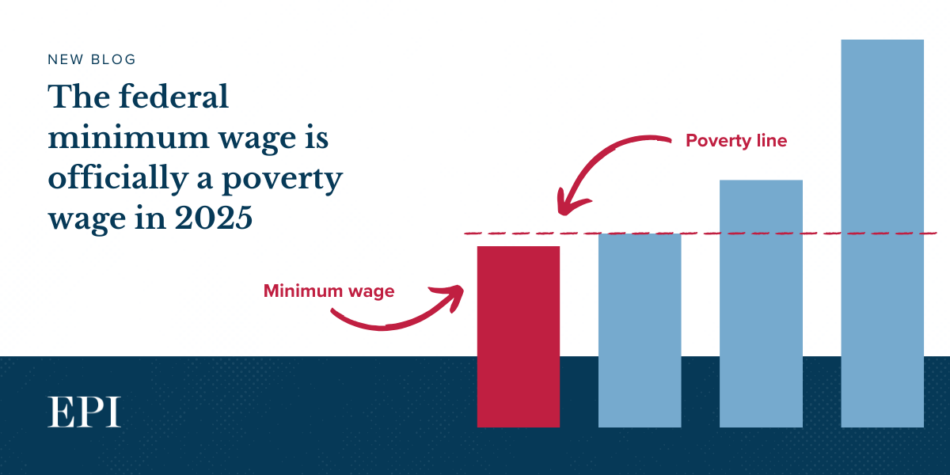The Challenges Facing Western Military Strategy: A Philosophical Perspective

In the ongoing discourse surrounding military strategy and effectiveness, a crucial question emerges: What barriers inhibit Western powers, particularly the United States, from securing decisive victories in conflicts? The answer may seem apparent, yet it remains largely unrecognized, leading to a series of setbacks in various military engagements. At the heart of the matter is a profound lack of resolute determination and an unwillingness to fully commit to the complex tasks at hand. There appears to be a pervasive desire among Western leaders for quick and clean victories, all while naively hoping that our adversaries will willingly adopt our way of life.
Securing victory in warfare requires far more than merely possessing advanced weaponry and substantial financial resources. It necessitates a deep understanding of the philosophical foundations that govern human behavior, particularly those articulated by the renowned German philosopher Arthur Schopenhauer. His influential concept, die Welt als Wille und Vorstellung, which translates to the world as will and vision, emphasizes the importance of comprehending human tenacity and conducting a realistic appraisal of the circumstances we face in order to achieve success. Regrettably, in contemporary conflicts, we seem to falter on both fronts, often lacking the philosophical insight needed to navigate complex geopolitical landscapes.
Frequently, we embark on military engagements blinded by our own narratives, neglecting to recognize that our adversaries may possess a clearer and more compelling vision than we do. This troubling tendency to overlook the complexity and resourcefulness of our foes is compounded by a media landscape that prioritizes sensationalism over nuanced reporting. Many media outlets portray our enemies in a more favorable light while magnifying our shortcomings, thereby distorting public perception. Additionally, political leaders often appear more preoccupied with preserving their political standing than engaging with the harsh realities of warfare and military strategy.
Schopenhauer, along with his philosophical precursor G.W.F. Hegel, offers invaluable insights into human activity, both on an individual level and within the collective sphere. Despite their significance, the ideas of these thinkers have often been dismissed or overlooked in modern discourse. This philosophical discourse has been tainted by a post-World War II stigma, which incorrectly associates their contributions with the rise of Adolf Hitler and the Nazi regime. While it is true that figures such as Friedrich Nietzsche and Martin Heidegger had troubling affiliations with Nazi ideology, it is misguided to attribute Hitler's actions to the philosophical explorations of thinkers who were genuinely seeking to understand the complexities of human nature. Suggesting that Hegel bears responsibility for Nazism is akin to claiming that Abraham Lincoln was responsible for slavery.
Instead of distancing ourselves from these intellectual giants, we should strive to learn from their insights. In the 19th century, American thinkers like Ralph Waldo Emerson and William James drew significant inspiration from German philosophy, benefiting immensely from this intellectual exchange. However, the aftermath of the world wars has led many in the United States to embrace German automobiles while simultaneously shying away from engaging with profound philosophical concepts simply because they are articulated in a foreign language. This aversion echoes the excuses often made by students looking to avoid academic responsibilities: Hitler ate my homework.
Reflecting on my own experiences during the late summer of 2004, I vividly recall a visit to northern Iraq as a guest of the Kurdish government. At that time, Marine General James Mattis was leading a formidable force into Fallujah, a known hub of insurgent activity. After a week of intense combat, he was on the verge of securing a critical victory. However, the situation took a dramatic turn when global media outlets began amplifying insurgent propaganda, framing U.S. actions in a negative light. Reports detailing civilian casualties and attacks on hospitals flooded the airwaves, generating panic among Washington officials, including President George W. Bush, who subsequently ordered a halt to military operations. Observers from the Kurdish perspective understood that this retreat would necessitate a more challenging and costly re-engagement in the future.
In reality, the U.S. had already lost the war in Iraq before the first battle of Fallujah commenced. This loss became apparent even before reaching Baghdad, when a division commander, more suited for political maneuvering than military strategy, refused to allow his troops to search a suspect mosque, opting instead for a gesture of respect towards Islam. This decision inadvertently transformed mosques into safe havens for insurgents, resulting in the deaths of countless soldiers. Ironically, this commander was later promoted, continuing to navigate military hierarchies without facing consequences for his misguided choices.
The harsh reality remains that no meaningful victory can be achieved without a firm commitment to prevail. Victory is certainly within reach if our resolve surpasses that of our adversaries and if our assessment of the situation is not clouded by unrealistic expectations of an effortless war. The United States must approach military engagements with the mindset that we will not enter a conflict unless we genuinely intend to emerge victorious, irrespective of the challenges that may arise. Yet, we often fall into self-constructed quagmires, mistakenly believing that our enemies will one day come to appreciate our virtues. The irony is that, while the United States stands as the greatest superpower in historymeasured by its wealth and military capabilitieswe often demonstrate a weak will and a concerning blindness to the underlying realities of human nature.
As we contemplate these pressing issues, one cannot help but feel that Schopenhauer's spirit is stirring within us, urging us to confront the uncomfortable truths we consistently choose to ignore.





























